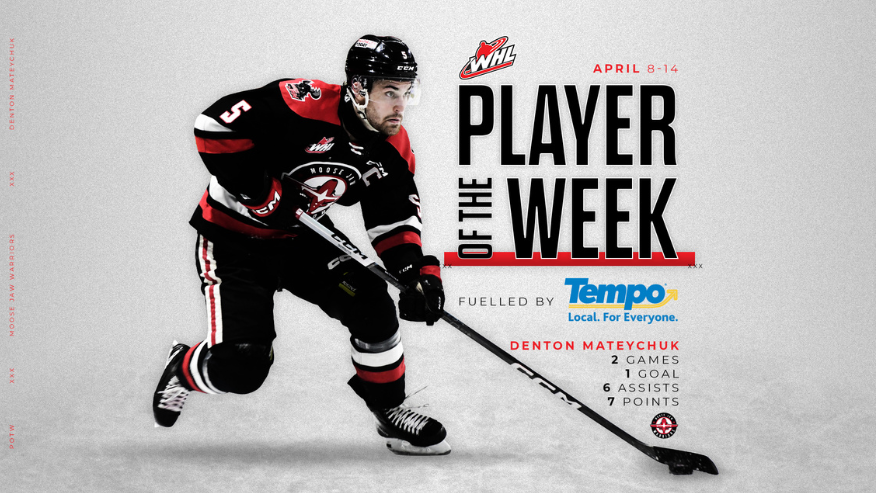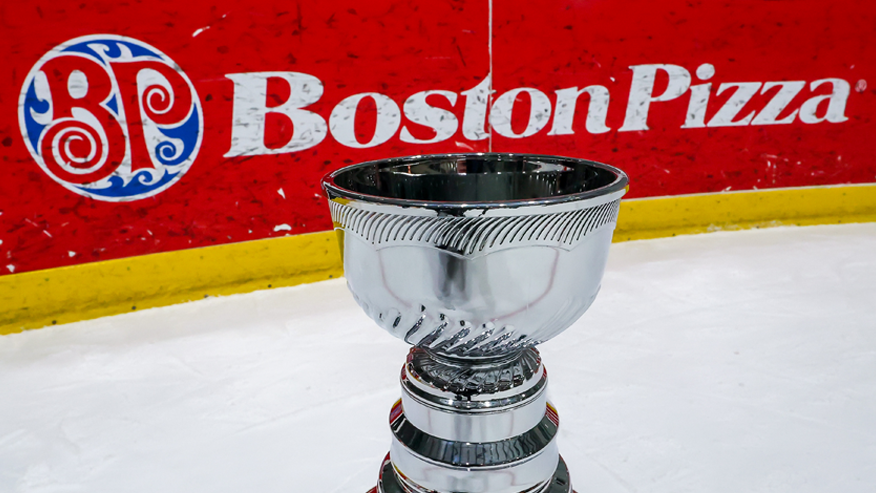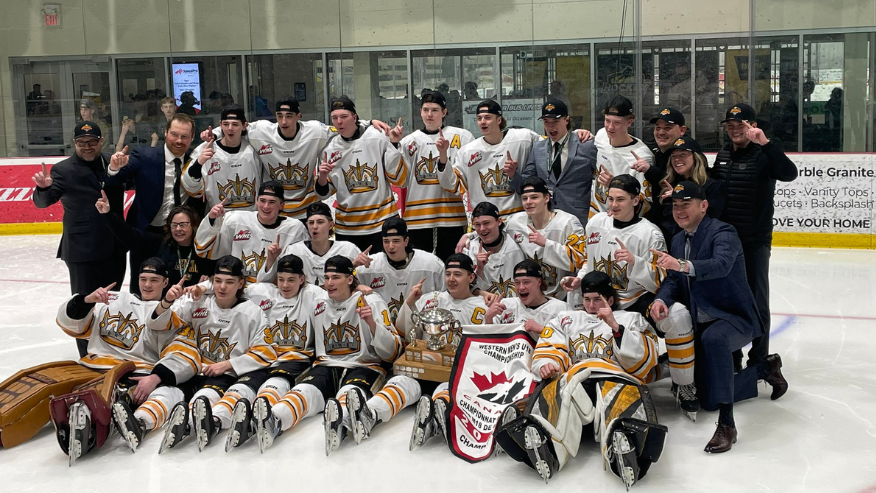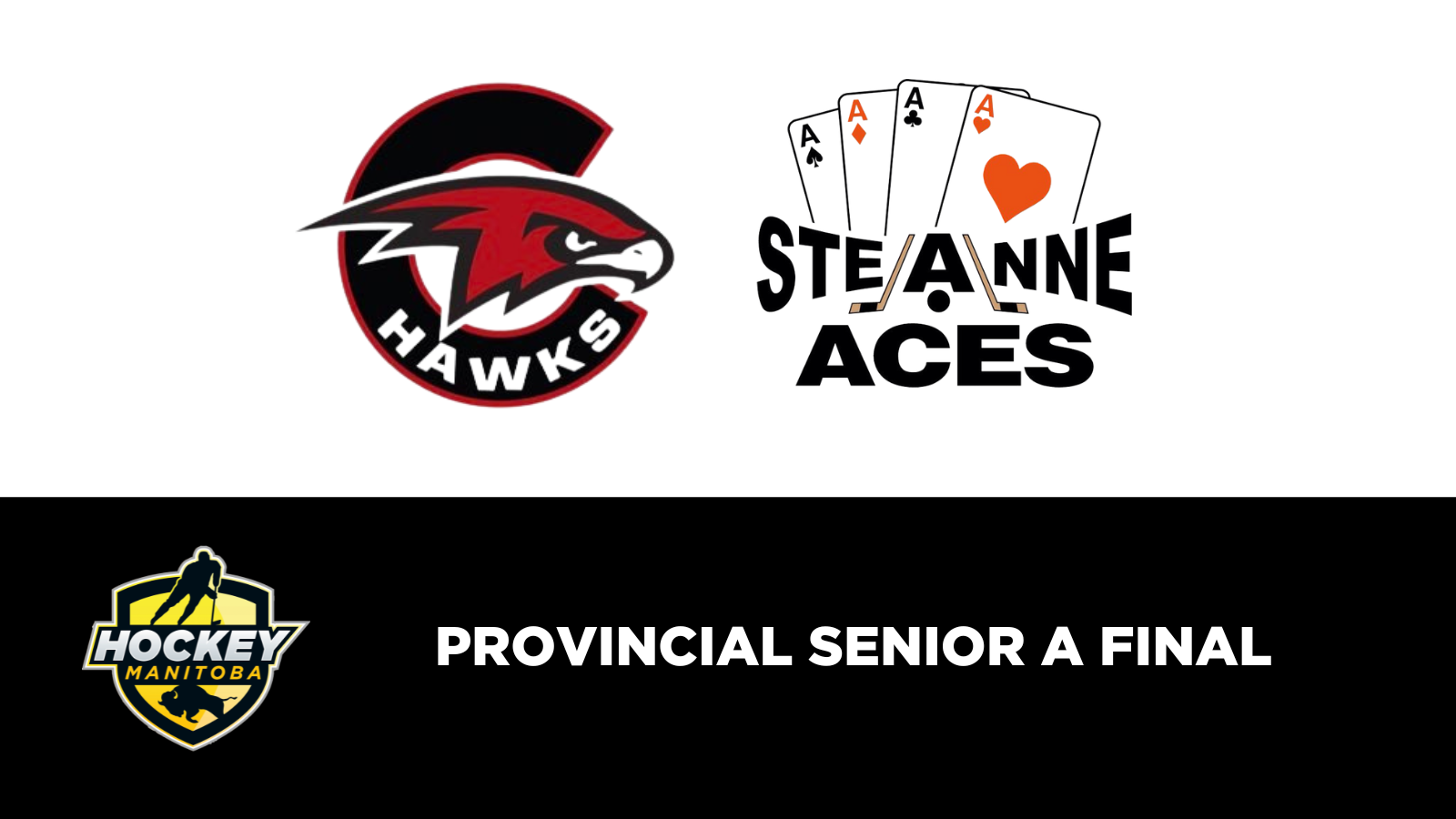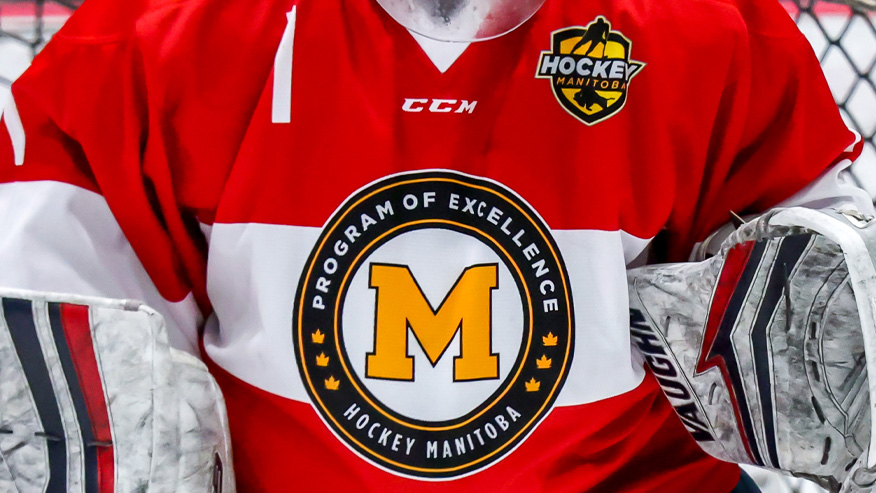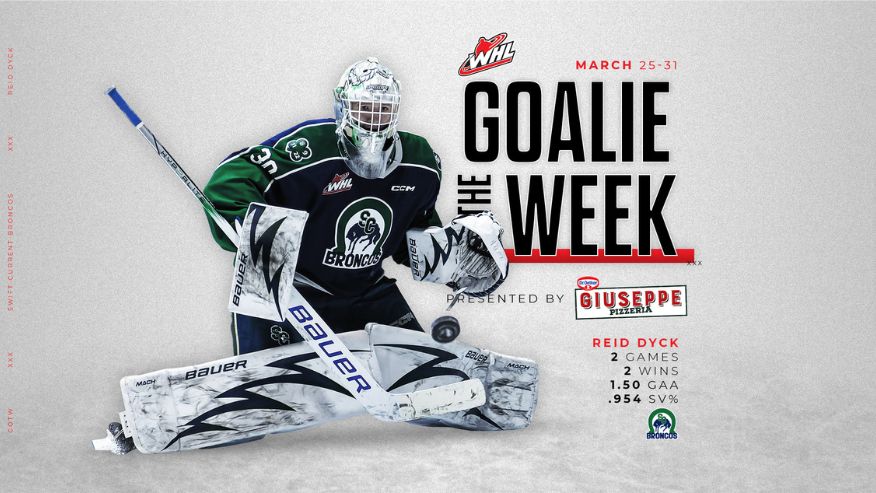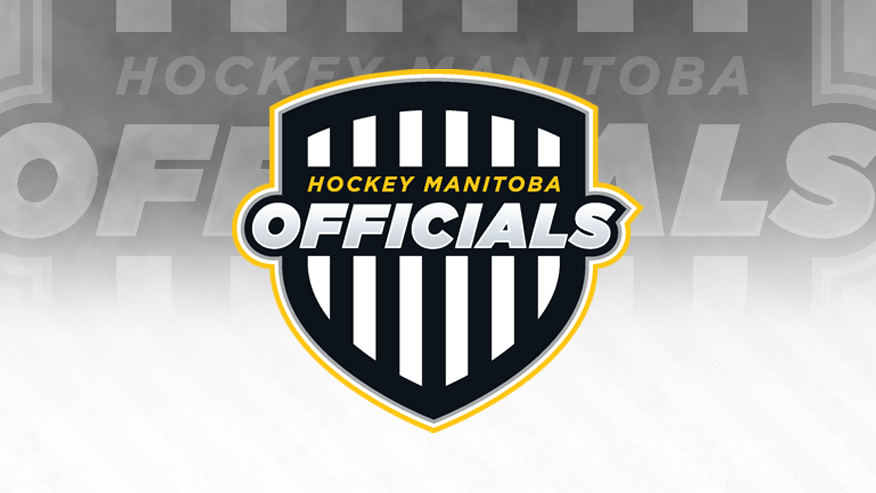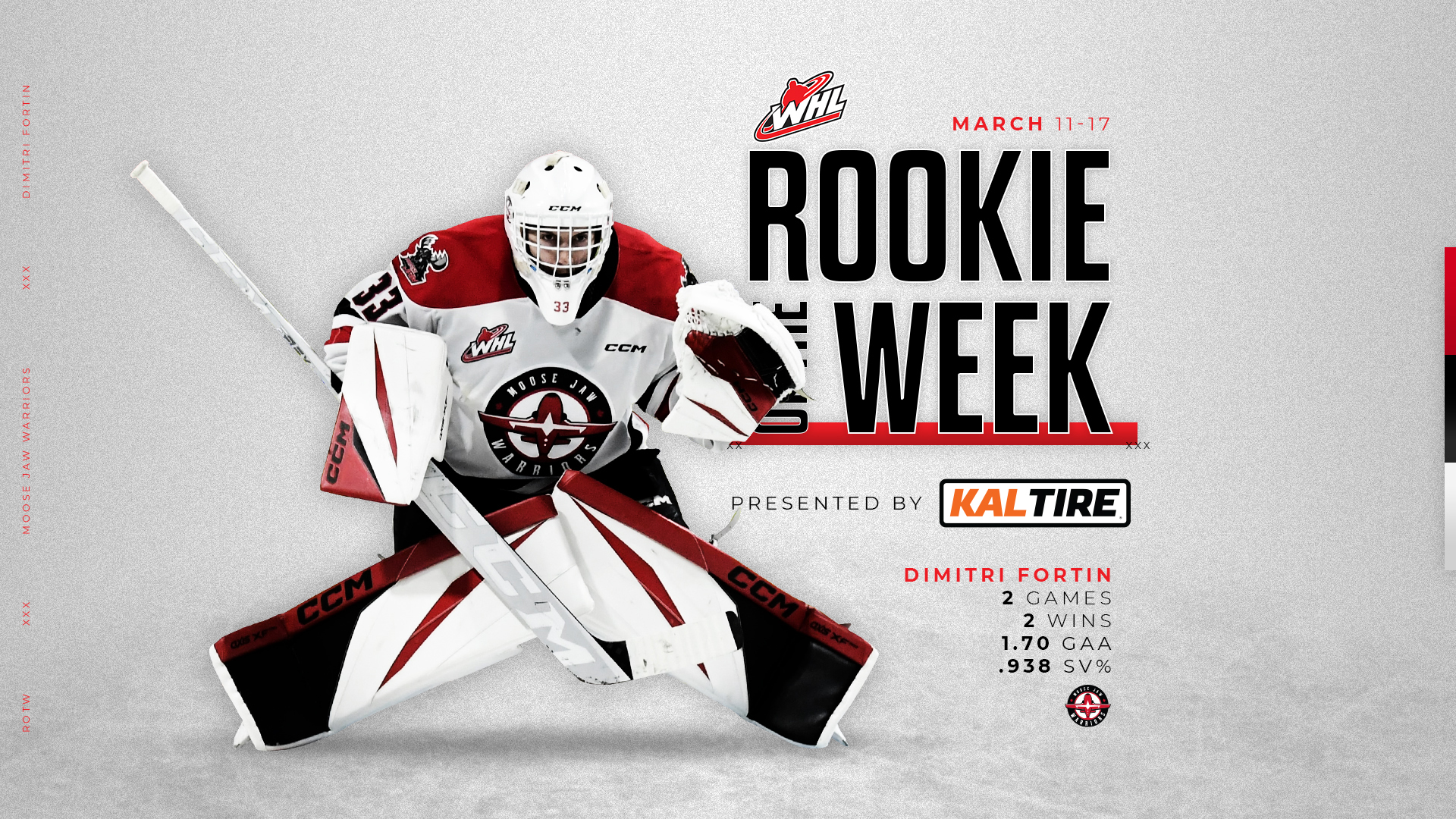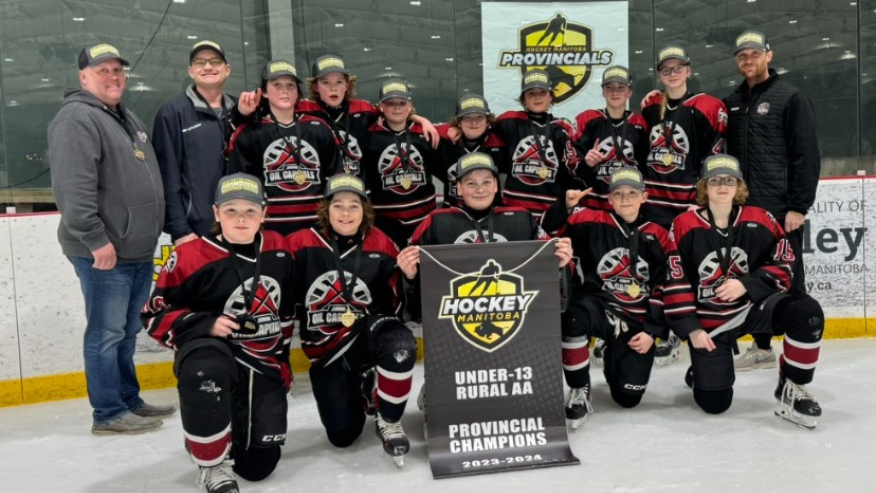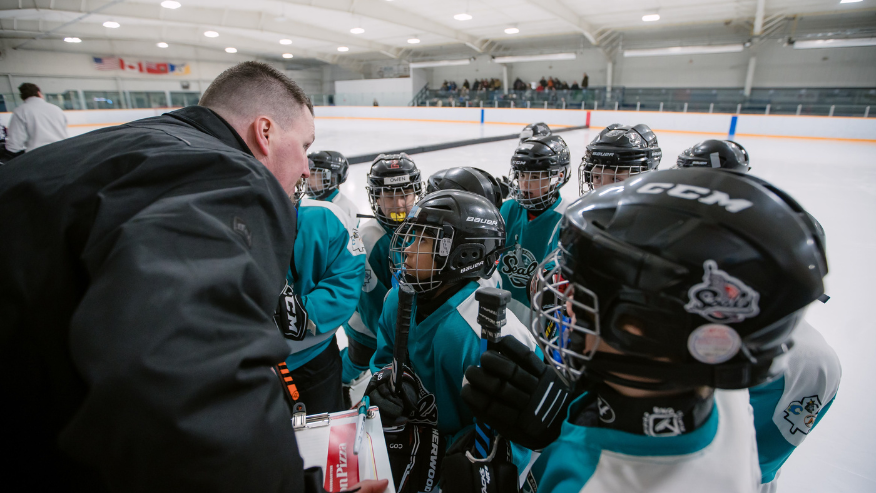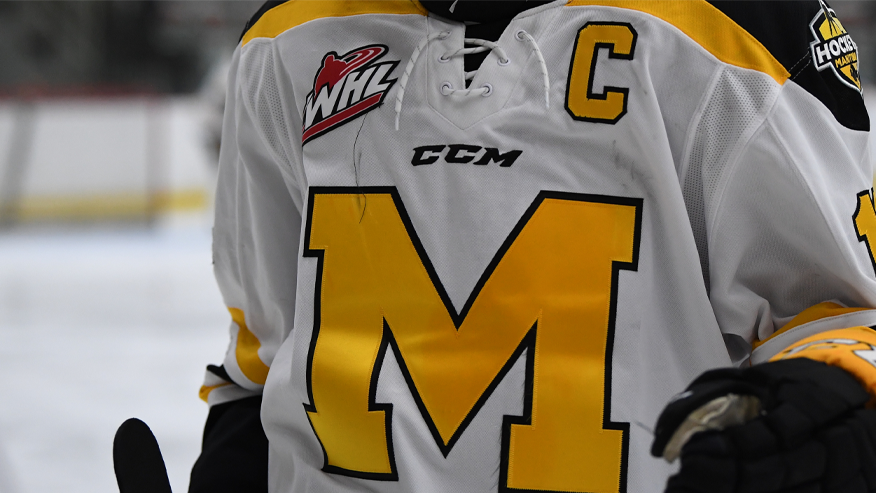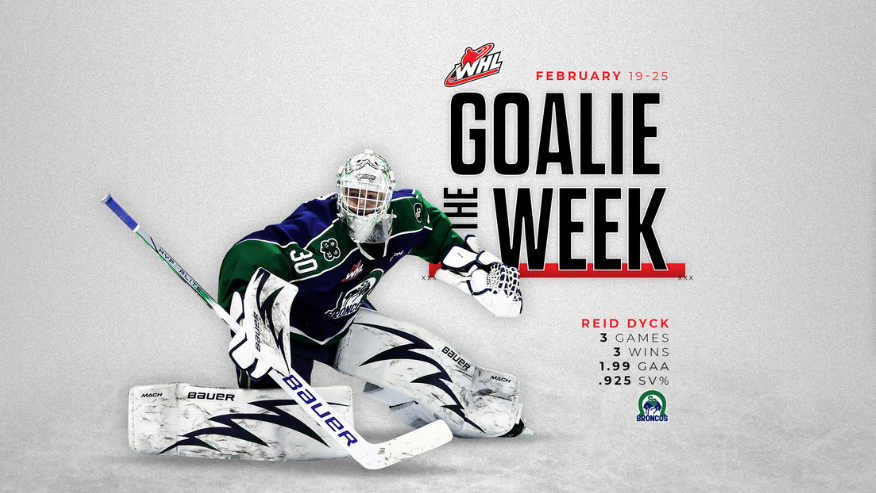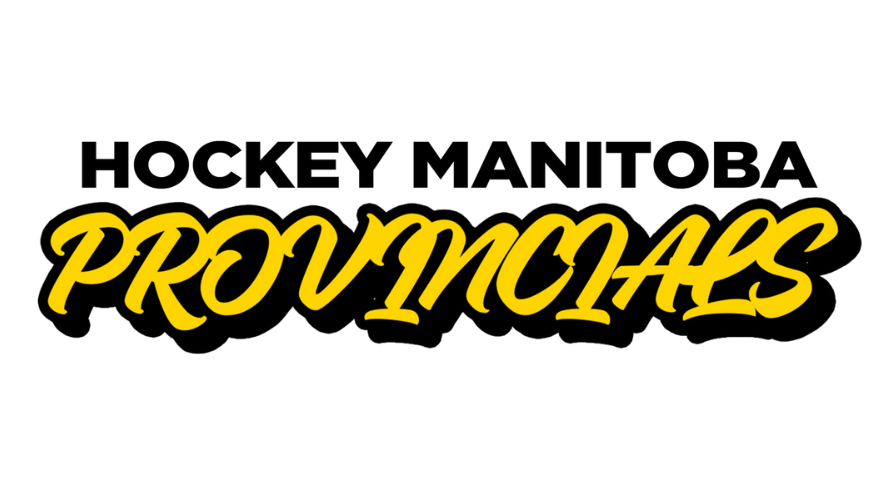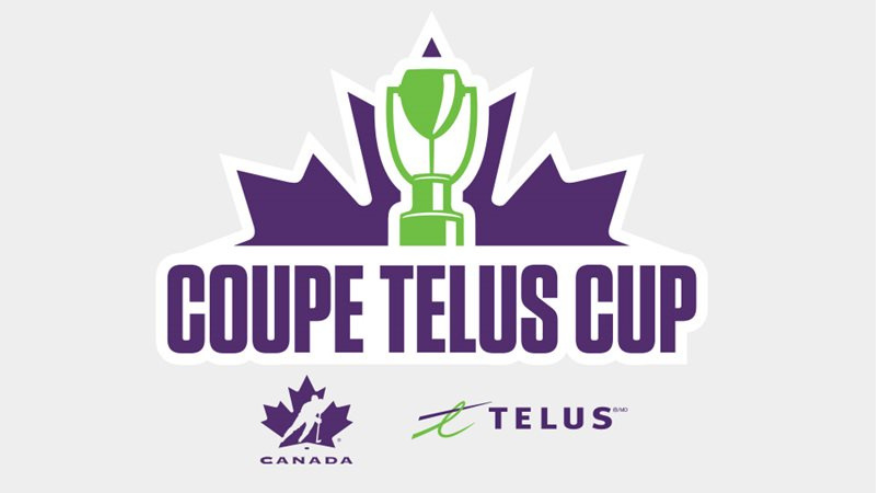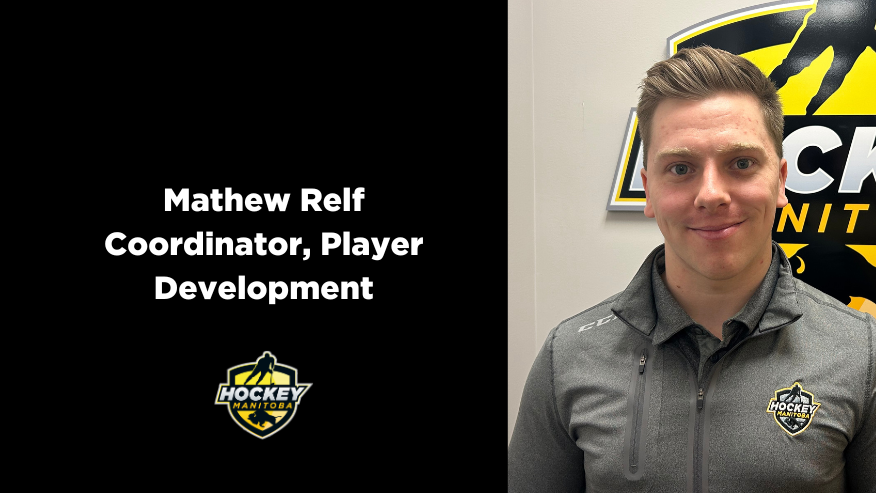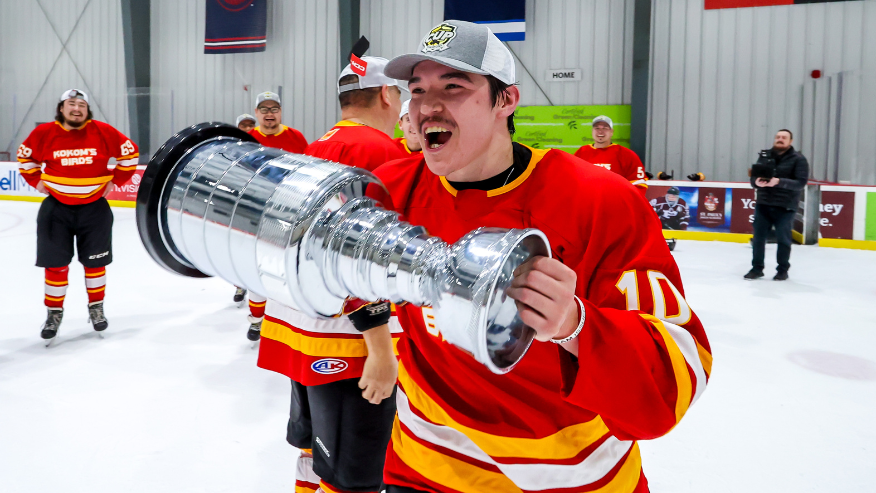The Galloway Report, Fourth Edition: “Under Review”
THE GALLOWAY REPORT
Featuring NHL Linesman Ryan Galloway of Winnipeg, MB
Keep posted to The Ref Room for all of Ryan's updates this NHL season!
Previous Editions:
November 8th – Experiencing October 9th at MTS Centre
December 8th – Life on the Road as an Official
January 9, 2012:
Last month, I answered a common question regarding travel that I get asked. I hope that it gave an insight into what we as officials in the NHL deal with on a daily basis as we “commute” to work.
I thought I would follow up that last month’s article by answering another common question I get asked, and that is “how often do officials in the NHL get supervised?’ Unofficially, we are supervised every game by thousands of fans, and as is always the case, we are always 50% right all the time!
Officially however, I would estimate that I am seen in person by one of the league supervisors probably 20 to 25 times a season (based on a regular season schedule of 75 games, roughly 1/3 of the time). Our league supervisors, or “coaches” as is the new direction our department took several years ago, are all ex-NHL officials who had stellar careers of their own. After leaving the ice, they are now responsible for ensuring the league standards on calls and procedures is adhered to. We are not advised in advance that they will be there, however they will come in before the game to discuss any issues or situations that have occurred in past games. During the game, the coaches will position themselves normally in the video replay booth, where they have a great view of the ice, as well as access to video to review situations they may want to discuss during the post-game debrief. Following the game, they will come into the room and review our team’s performance as well as address any situations that may have occurred during the game. These sessions are a great opportunity to learn and to get an outside perspective on how the game went.
So what happens for the other 2/3rd of the games? I am sure that many of you in the hockey world have heard of the room at the Toronto office, affectionately called the “War Room”. Here, in front of a bank of televisions, another team sits, watching every game that is being played on any given night. With an “all access” view of the game, they are able to pull up any feed that the home and visiting teams have access to from their broadcasters. This is where the video reviews on goals takes place and they serve as an extra set of eyes to make sure the right call is made on goals. For example, the other night when I was in Phoenix, they would have been involved to make sure that Shane Doan’s end of the game hat trick goal was in fact scored within regulation time.
A secondary purpose that the “War Room” serves is to tag any plays or calls that may need to be addressed with the official. Should something happen during the game, they are able to cut the clip and have it available for Director of Officiating, Terry Gregson to review. Should it be something that needs to be followed up on, Terry will contact us and discuss it. Further, he is able to email the clip directly to the official’s work-issued laptop so that it can be viewed and commented on. In today’s game, with multiple camera angles and HD video feeds, nearly any play or situation can be pulled from one of the game feeds. I remember last season during a playoff game, we were told that there were nearly 35 cameras in the building to record the game for the various broadcasters.
The role of the supervisor at any level has changed. Long gone are the days of a supervisor coming in, kicking garbage cans and yelling at an official. I remember when I began officiating in minor hockey, there were some that would come in to the room and it became a tense and adversarial meeting. It was often seen as leadership and guidance by intimidation. Thankfully, those days are gone and instead it is done in an environment of coaching and mentorship, not only for the betterment of the official but also for what is best for the game.
As I look back at my years of amateur hockey in Manitoba, I can count myself fortunate for the great guidance and leadership I was afforded by many senior and retired officials that took their own time to make my fellow officials and I better. Without their help, I may never have had the chance to develop my skills to make it to the pro level. I firmly believe, that regardless of the program (officials, coaches, trainers and players), it is integral that the senior people get involved to make their program better. It is imperative that the knowledge that we have all gained be “paid forward” to the grass roots level in order to make the game better. Ideas need to be shared, not to necessarily “reinvent the wheel”, but to ensure that the game continues to grow.
Many years ago, I was asked to be part of a Hockey Canada working committee of officials from across Canada, which met to develop the original officials mentorship program. I was proud to be part of it and am always thrilled to hear of associations and communities that have implemented it. Mentorship is a tremendous chance for senior officials to take newer officials under their wing and help them develop. This original working group took the foundation that was created from the coaches mentorship program and modified it to best suit the needs of officials. I strongly encourage any associations that are not currently using it to get in touch with Hockey Manitoba and get the information and resources needed to implement the program.
I know that there are many great officials and hockey people in our program that can make it even better. Regardless of your level, you can always have something you can pass on to a newer official. I encourage each and every official to explore what he or she can do to make “our” program even better.
With that, I leave you with the words of one of my greatest mentors:
“We are all role models to someone”
– Ian Heather, former Referee-in-Chief, Hockey Manitoba
Share

